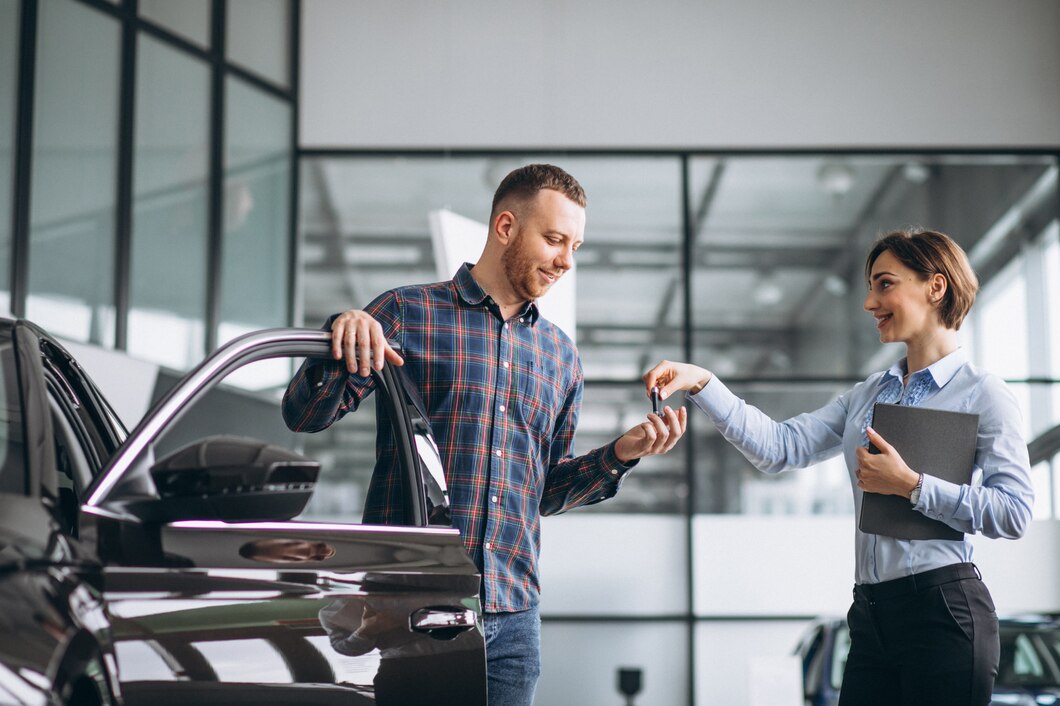Buying a car at auction can be an enticing prospect, offering potential savings and unique opportunities. However, when it comes to accident-damaged cars, the decision becomes more nuanced. Here, we delve into the benefits and risks associated with purchasing accident-damaged cars at auction.
Benefits of Buying Accident-Damaged Cars:
- Lower Purchase Price: Accident-damaged cars often sell at significantly lower prices compared to their undamaged counterparts. This presents a cost-effective opportunity for buyers willing to invest in repairs or restoration.
- Potential for Profit: Skilled buyers, particularly those with automotive repair knowledge, can purchase accident-damaged cars at a low price, repair them, and sell them for a profit. This can be a lucrative venture if the repairs are done cost-effectively and the market demand is favorable.
- Availability of Rare Models: Some accident-damaged cars at auction may include rare or vintage models that are otherwise hard to find. For collectors or enthusiasts, auctions provide a chance to acquire unique vehicles that may not be available through traditional sales channels.
- Customization and Personalization: Buying a damaged car allows for customization according to personal preferences. Whether for aesthetic modifications or performance upgrades, starting with a lower-cost, damaged vehicle can be a more affordable entry point.
Risks of Buying Accident-Damaged Cars:
- Unknown Extent of Damage: Assessing the true extent of damage can be challenging, as auctions may not provide detailed histories or comprehensive damage reports. Hidden structural damage or issues with safety systems (airbags, frame integrity) could lead to costly repairs or safety concerns.
- Higher Repair Costs: While initial purchase prices may be low, repairing accident-damaged cars can quickly escalate in cost. Specialized repairs, sourcing rare parts, or unexpected mechanical issues discovered during repair can strain budgets and timelines.
- Potential for Incomplete Repairs: Previous repairs done improperly or shortcuts taken to minimize costs can compromise vehicle safety and performance. Without thorough inspection and repair verification, buyers risk inheriting unresolved mechanical or structural issues.
- Limited Resale Value: Even after repairs, accident-damaged cars may have diminished resale value compared to similar undamaged vehicles. Potential buyers may perceive them as less desirable, affecting marketability and resale potential.
Considerations Before Buying:
- Inspection and Assessment: Prioritize a comprehensive inspection by a qualified mechanic or automotive expert. This includes assessing structural integrity, mechanical systems, and potential hidden damage. Understanding repair costs upfront helps in making an informed purchase decision.
- Vehicle History and Documentation: Request detailed accident history and maintenance records, if available. Verify the vehicle’s legal status (salvage title, rebuilt title) and ensure all necessary paperwork is in order before finalizing the purchase.
- Budget and Resources: Calculate total costs involved, including purchase price, repairs, and any additional expenses. Have a realistic budget and contingency plan for unforeseen repairs or upgrades.
- Market Research: Research current market trends and resale values for similar models to gauge potential return on investment. Consider local market preferences and demand for repaired accident-damaged cars.
Buying accident-damaged cars at auction can be a viable option for savvy buyers seeking cost-effective purchases or unique automotive projects. However, it requires careful assessment of risks, thorough inspection, and realistic budgeting. By weighing the potential benefits against inherent risks and taking necessary precautions, buyers can navigate auction purchases confidently and potentially capitalize on opportunities in the automotive marketplace.











